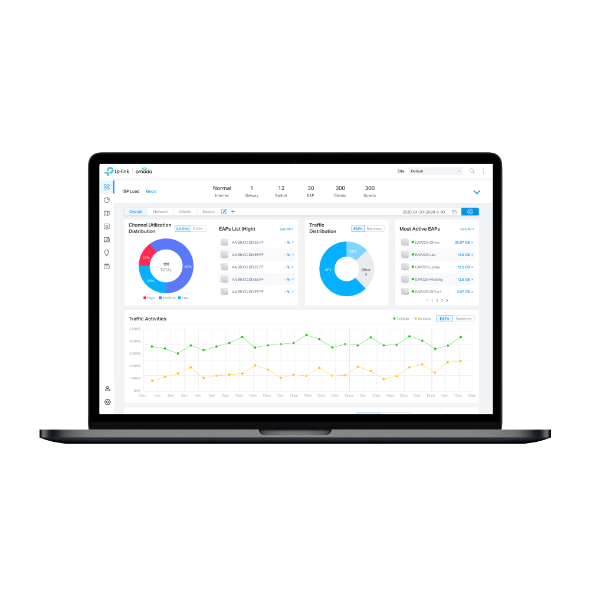How to configure Omada Controller self-start as a Windows service
This article applies to: Omada Software Controller of Windows
Contents
This article introduces how to configure Omada Controller as a windows service and how to configure self-start with this function.
- A computer with the Omada Controller installed already.
- A computer with the operation system of Windows. Windows recommend version: Windows10 x64/Windows11 x64/Windows Server 2016 x64/Windows Server 2019 x64/Windows Server 2022 x64.
- Controller Version Required: Omada Controller above 4.1.5, Omada Pro Controller above 1.0.
- Download the NSSM – the Non-Sucking Service Manager (https://nssm.cc/download). We recommend to use the latest release. Use the file(nssm.exe) in the folder of win64.
This document introduces how to configure Omada Controller as a Windows Service by using NSSM. At the same time, you can launch automatically when you turn on your PC for Omada Controller by way of Windows Service.
You can follow these steps to configure the Windows service of Omada Controller.
Step 1. Extract nssm.exe to a convenient location, here I use “C:\NSSM” as an example.

Step 2. Make sure you have run Omada Controller before, or you can just keep Omada Controller running during this operation.
Step 3. Run Windows Command Line as administrator and cd to the path you placed nssm.exe. Here is the “C:\NSSM”.


Step 4. Type nssm install “Omada Controller” to create a new Service using nssm.

Step 5. Configure Application in NSSM. Set the following parameters as listed below:
Application
Path:
C:\Users\tplink\Omada Controller\bin\start.bat
Startup directory:
C:\Users\tplink\Omada Controller\bin\
Note: Here we install Omada controller at C:\Users\tplink\Omada Controller. You should use the installed path of controller.

Step 6. Configure Details in NSSM. Set the following parameters as listed below:
Details
Display name:
Omada Controller Service
Description:
Add one if you want
Startup type:
Automatic

Step 7. Configure Log on in NSSM. Set the following parameters as listed below:
Log on
Local System account and select Allow service to interact with desktop

Step 8. Click Install service and will show you the successful note.

After the Omada Controller service is successfully set up, please restart your computer and the Omada Controller service will startup automatically. Please check on Windows Task Manager to see if the java.exe and mongod.exe are running properly and the service of omada Controller is running. Then you can type http://127.0.0.1:8088 or https://127.0.0.1:8043 in web browser to login to the Omada Controller’s Web management page.


The above is the configuration for Omada Controller as a Windows service.
Get to know more details of each function and configuration please go to Download Center to download the manual of your product.
How to change the settings of the Windows service of Omada Controller
Re. If you want to modify the above configuration, you can run Windows Command Line as administrator and cd to the path you placed nssm.exe (Refer to step 3). Type in the following commands to manage the service.
- nssm edit “Omada Controller”
- nssm start “Omada Controller”
- nssm stop “Omada Controller”
- nssm restart “Omada Controller”
- nssm status “Omada Controller”
- nssm remove “Omada Controller”
Is this faq useful?
Your feedback helps improve this site.
TP-Link Community
Still need help? Search for answers, ask questions, and get help from TP-Link experts and other users around the world.








